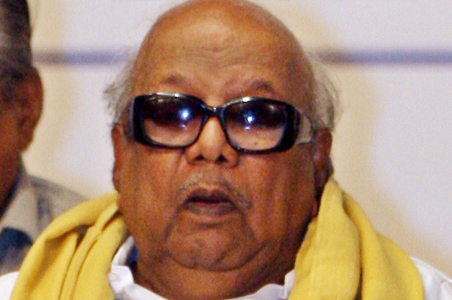Jammu, Jan 1: As many as 160 terrorists were killed in Jammu and Kashmir this year, while 250 terrorists, including 102 of Pakistani origin, were active in the Valley, Director General of Police (DGP) Dilbag Singh said on Tuesday, noting that terror incidents and the number of local youths turning towards terrorism have decreased.
"250 terrorists have been active in Jammu and Kashmir. There is a decrease in number of active terrorists as compared to last year," Mr Singh said at the annual press conference at police headquarters in Jammu.
The DGP said that there is 30 per cent fall in terrorist incidents, less civilian killings and 36 per cent decrease in law and order incidents as compared to 2018.
"218 such (local) youths joined militant outfits in 2018 but only 139 joined in 2019," he said. Out of these new recruits only 89 have survived.
"The rest have been eliminated as their shelf life is between 24 hours to 2-3 months after joining militancy. There are hardly few old terrorists surviving, which include Jehangir Saroori and Riyaz Nayikoo", he said.
There have been only 481 law and order incidents this year as compared to 625 last year, he said.
There were 80 per cent successful anti-terror operations in which 160 terrorists, including foreigners, have been killed during the year.
Mr Singh said 102 terrorists have been arrested and 10 terrorists surrendered during the year.
He said that 102 Pakistan origin terrorists are still operating in Kashmir.
"Eleven valiant police personnel from Jammu and Kashmir besides 72 from other other security forces have been martyred," he said.
There was no collateral damage during anti-terror operation as people fully cooperated. "There was zero law and order problem this year (during anti terror operations)," he added.
The DGP said that "there has been a high degree of incidents of infiltration attempts from across the border this year and also ceasefire violations. But security forces have successfully foiled these attempted as 130 infiltrators have entered in 2019 as compared to 143 last year".
He said Jammu and Kashmir Police has set an example by handling the law and order situation in the most "exemplary" way following the abrogation of Article 370 provisions.
It was the biggest challenge faced by the force in 2019, but "we handled the most critical phase in the best way" and there was no civilian casualty during the period, he said.
Dismissing claims of minors being arrested by police in Kashmir, he said that it is being used as propaganda by some people and asserted that the J-K police has acted within the limits of law.
"We are open to scrutiny. The issue reached the Supreme Court which referred it to Jammu and Kashmir high court. The matter was inquired by the HC committee. The SC said that there is no misuse of law by law enforcement agency. J-K police has acted within the limits of law," he said.
Replying to queries on restoration of internet, the DGP said it is under consideration. "I think J-K is moving towards such a situation (on law and order front). Very soon you will hear positive announcement," Mr Singh said.
He said that though some people will try to misuse internet, "in the past, we took care of them and we will take care of such people in the future too".
Internet services in all government-run hospitals and SMS to all mobile phones will be restored from December 31 midnight in the Kashmir Valley, Jammu and Kashmir official spokesman Rohit Kansal said on Tuesday.
On December 10, some short message service (SMS) were enabled on mobile phones in order to facilitate students, scholarship applicants, traders and others. It has now been decided to fully restore the service throughout Kashmir from midnight of December 31, Kansal said.
Mobile Internet services were restored in Kargil district of Ladakh on Friday after remaining suspended for 145 days in the wake of the Centre abrogating provisions of Article 370 of the Constitution, officials said.
Internet services were suspended on August 4, a day before the Centre announced abrogation of Article 370 and division of the state into the union territories of Jammu and Kashmir, and Ladakh.
 Chennai, Jan 29: Amid the simmering sibling rivalry in the DMK's first family that triggered the suspension of his elder son M K Alagiri from the party, DMK chief M Karunanidhi has written to the Prime Minister seeking additional security for his younger son Stalin.
Chennai, Jan 29: Amid the simmering sibling rivalry in the DMK's first family that triggered the suspension of his elder son M K Alagiri from the party, DMK chief M Karunanidhi has written to the Prime Minister seeking additional security for his younger son Stalin.




Comments
Add new comment